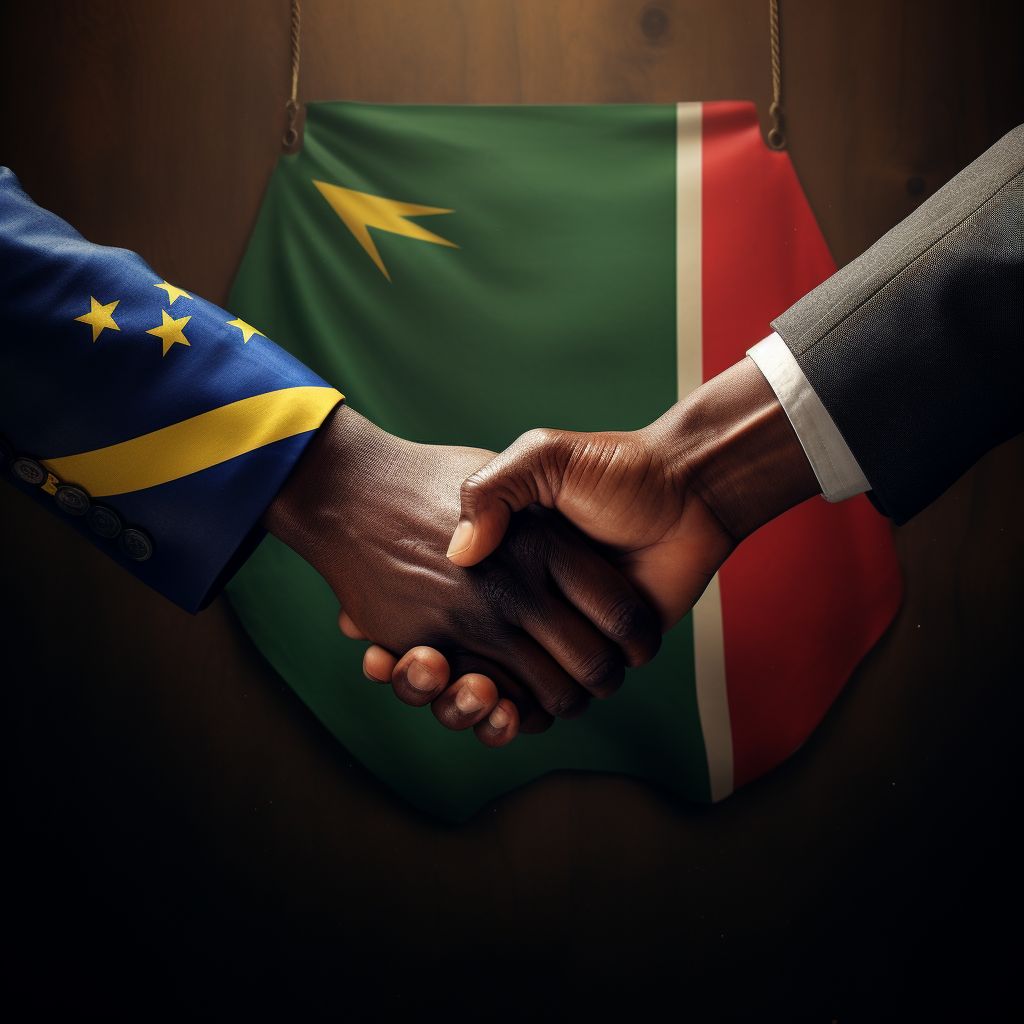South Africa and the Democratic Republic of Congo (DRC) share a deep connection based on a shared commitment to peace and prosperity. The recent 12th Session of the Bi-National Commission (BNC) between the two nations, held in Kinshasa, emphasized the significance of these ties.
The Purpose of the BNC
The Bi-National Commission serves as an essential platform for assessing joint programs, evaluating legal instruments, and identifying new areas of cooperation. The ministerial segment of the BNC, headed by Dr. Naledi Pandor, South Africa’s Minister of International Relations and Cooperation, ensures a comprehensive evaluation of the current state of affairs.
Agreements and Memoranda of Understanding
The BNC has resulted in the signing of 38 Agreements and Memoranda of Understanding (MoUs) between the two nations, covering a diverse range of fields, including agriculture, mining, infrastructure development, defense and security, economy and finance, trade and investment, and social and humanitarian affairs. Several more agreements and MoUs are in the final stages of approval and implementation.
The Primary Goal of the BNC
The BNC strives to improve the quality of life for the people of both nations by focusing on education, women’s empowerment, sustainable job creation, and entrepreneurship opportunities. The commission’s vision is to enable individuals to take charge of their own future and destiny, working towards these objectives one BNC at a time.
Collaboration Between Government and Business
Apart from fostering collaboration between government departments and state-owned entities, the 12th Session of the BNC also provided a platform for businesspeople from both countries to engage formally through the Business Forum. This strategic move coincided with the Heads of State Summit of the BNC.
Opportunities Provided by the AfCFTA
Dr. Pandor highlighted the potential for businesses on both sides to leverage the opportunities provided by the African Continental Free Trade Area (AfCFTA), which seeks to promote beneficial economic integration within the continent, ensuring that African nations derive full benefit from the value chain. This could create much-needed opportunities for the people of both countries.
The Importance of Collaboration
The success of the BNC depends on collaborative efforts from both nations. As Dr. Pandor stated, “It is only by working together that we can bring forth the change we want.” The 12th Session of the Bi-National Commission confirmed the strategic and mutual value of the bilateral relations between South Africa and the DRC, setting the stage for further cooperation and growth in the years to come.








